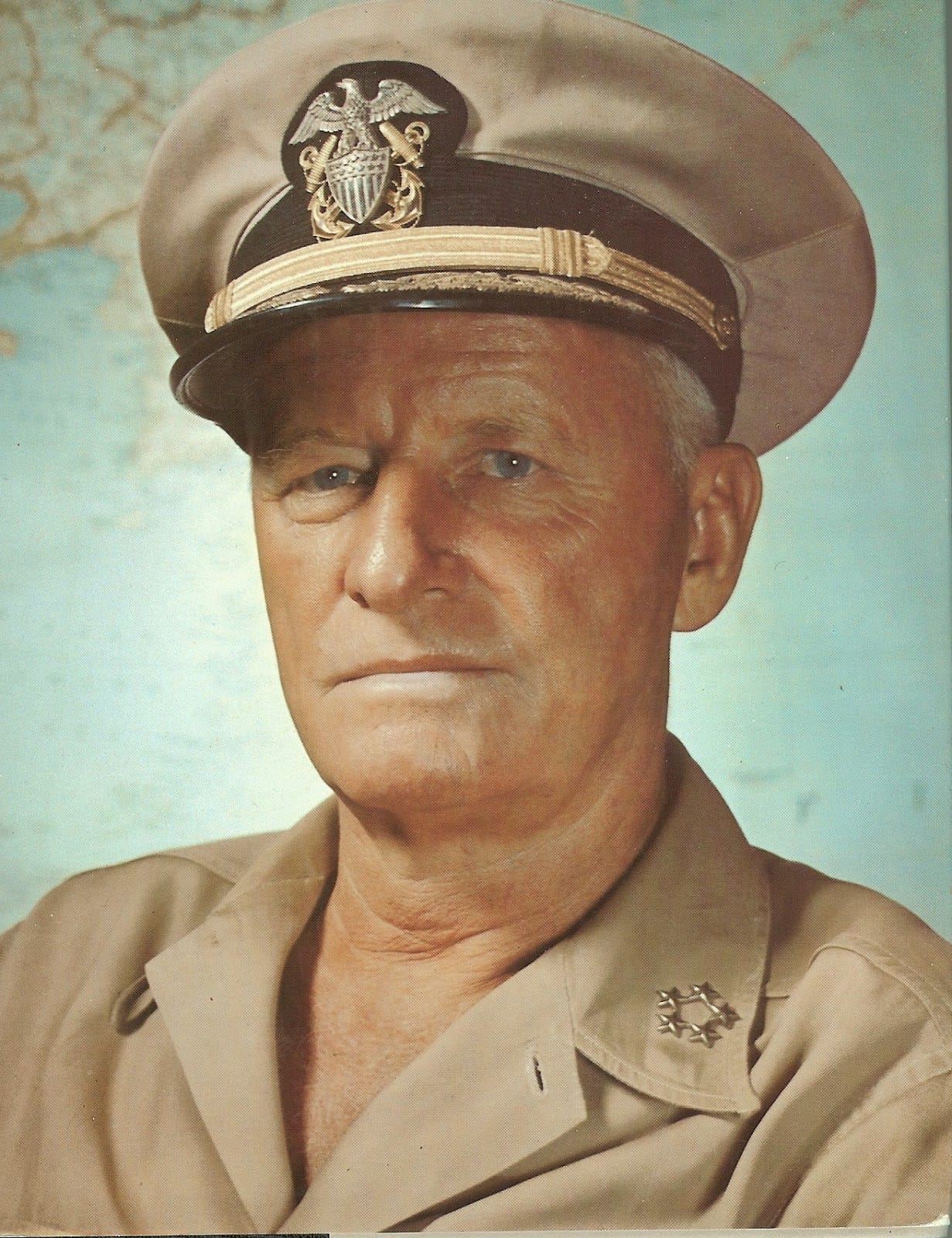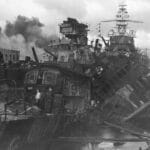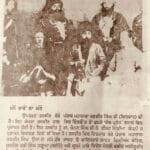Admiral Raymond A. Spruance, the architect of critical Pacific victories, including Midway and the Philippine Sea, possessed a strategic brilliance that often overshadowed his quiet demeanor. This article delves into the life and legacy of this remarkable naval leader, exploring his unique contributions to World War II and beyond.
Early Life and Naval Career
Born in Baltimore, Maryland on July 3, 1886, and raised in Indianapolis, Indiana, Raymond Spruance demonstrated an early affinity for the sea. After attending Indianapolis public schools, he entered the Naval Academy, graduating in 1906. His first assignment aboard the USS Iowa (battleship) marked the beginning of a distinguished career. Spruance served on the USS Minnesota during its world cruise (1907-1909), where his exceptional ship handling skills became evident. In the interwar years, he steadily rose through the ranks, developing expertise in electrical engineering and gunnery, skills that would later prove invaluable.
Spruance in World War II: A Strategic Mind Forged in Conflict
World War II provided the crucible in which Spruance’s strategic genius truly emerged. He played pivotal roles in several key battles, demonstrating an ability to adapt and make critical decisions under immense pressure.
The Battle of Midway: A Turning Point
In June 1942, Spruance found himself in command of Task Force 16, leading the carriers Enterprise and Hornet at the Battle of Midway. Stepping in for Admiral Halsey, who was incapacitated by shingles, Spruance faced a formidable challenge: a larger Japanese fleet and limited intelligence. His daring decision to launch a preemptive air attack, despite the risks, proved decisive. This victory marked a turning point in the Pacific War, shifting the balance of power from Japan to the United States.
The Battle of the Philippine Sea: The “Great Marianas Turkey Shoot”
Spruance’s strategic acumen was again on display in June 1944 at the Battle of the Philippine Sea. As commander of the Fifth Fleet, he orchestrated a resounding American victory, decimating Japanese naval aviation in what became known as the “Great Marianas Turkey Shoot.” This victory effectively crippled Japan’s ability to mount large-scale carrier operations.
Iwo Jima and Okinawa: Costly but Crucial Victories
Spruance also oversaw the difficult campaigns to capture Iwo Jima and Okinawa. While these battles were costly in terms of casualties, they provided crucial staging grounds for the planned invasion of Japan.
Post-War Diplomacy and A Question of Recognition
After the war, Spruance continued to serve his country, transitioning from military command to diplomacy. Appointed by President Truman, he served as the U.S. Ambassador to the Philippines from 1952 to 1955. In this role, he played a crucial role in strengthening the relationship between the two nations.
The Fifth Star Debate: Recognizing Spruance’s Contributions
Despite his significant contributions to the Allied victory, Spruance was not awarded the five-star rank of Admiral of the Fleet, an honor bestowed upon some of his contemporaries, including Admiral Halsey. This has fueled an ongoing debate among historians. Some argue that his achievements warranted the highest rank, while others suggest that his existing four-star rank adequately reflects his service. This controversy underscores the complexities of evaluating wartime contributions and the potential influence of political factors and public perception. For more context on the political landscape of the postwar era, you can explore the Bourbon Triumvirate.
Spruance’s Legacy: The Quiet Warrior’s Enduring Impact
Admiral Spruance died on December 13, 1969, at the age of 83, and was buried at Golden Gate National Cemetery. His legacy extends far beyond his impressive wartime record. His leadership style, characterized by calm deliberation, strategic thinking, and a focus on the mission over personal glory, continues to be studied by military leaders. While less flamboyant than some of his contemporaries, Spruance’s impact on the Pacific War and the course of naval history is undeniable. His quiet determination and strategic brilliance played a crucial role in securing Allied victory, shaping U.S. foreign policy, and ultimately, influencing the course of the 20th century.
- Unlocking Francis Alexander Shields’ Finance Empire: A Comprehensive Biography - July 12, 2025
- Unveiling Francis Alexander Shields: A Business Legacy - July 12, 2025
- Francis Alexander Shields’ Business Career: A Comprehensive Overview - July 12, 2025















